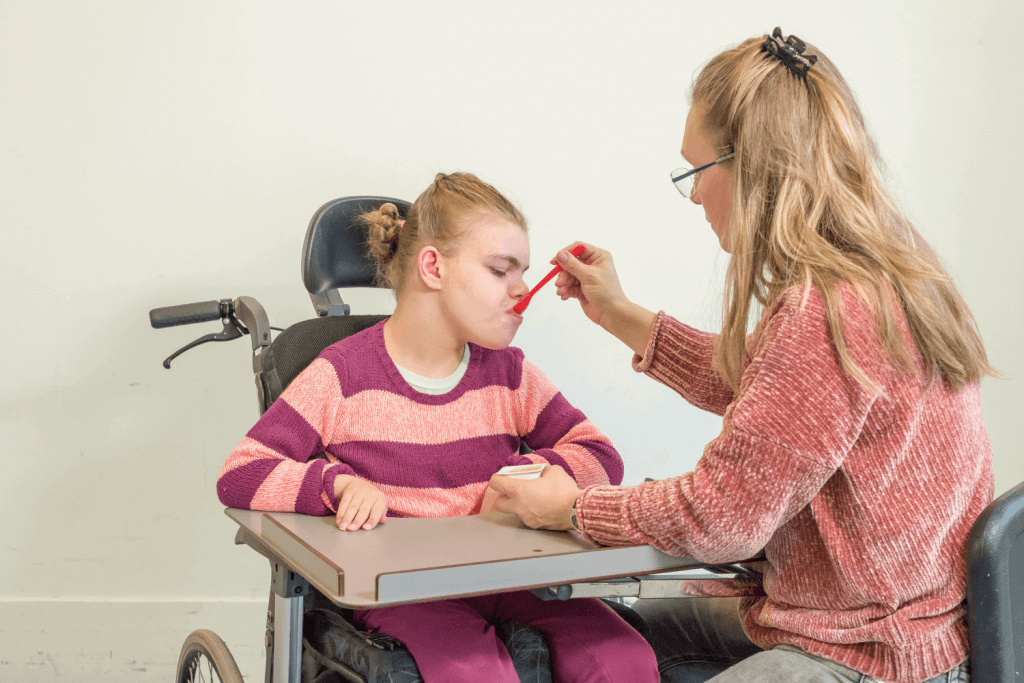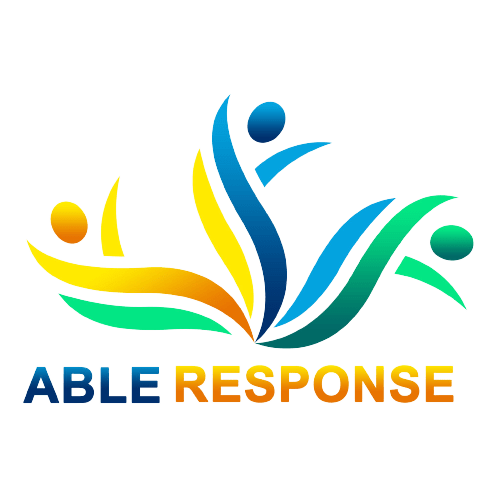Address
131 Rees Rd, Melton South VIC 3338, Australia
Work Hours
Monday-Friday 8 am – 8 pm
Saturday & Sunday CLOSED
Address
131 Rees Rd, Melton South VIC 3338, Australia
Work Hours
Monday-Friday 8 am – 8 pm
Saturday & Sunday CLOSED

Personal assistance may enable a person with a disability to get up and go to bed when he/she wants, eat what and when he/she wants, complete household tasks, attend social events outside the home, access education, earn an income, and care for the family.
People with disabilities are able to access personal assistance which meets their needs and enables them. We all are dependent on each other. Nobody can perform all the tasks necessary to sustain his lifestyle. So, people instead of fixing their own car take it to a mechanic to lead active and fulfilling lives. Personal assistance can be provided through informal means, such as family members and friends, or through formal means, such as private employees or social services
Making our NDIS participants able of living independently without facing problems, personal assistance is the right option to avail. We can provide assisted living and personal care. This includes daily routine tasks and chores. This includes;
This type of support and company enables the participant to establish a healthy and efficient lifestyle.
Agency or state (i.e. municipality) directed “home care” services are based on the medical model, whereas consumer-directed personal assistance services are based on the Independent Living model.
Personal assistance is not the assistance of nurses, social workers, charities, the church, or medical professionals. Personal assistance is controlled and managed by the abled participants, to facilitate their self-determination and independence on their own terms. Anything else, regardless of what it is called, contravenes the aims and philosophy of the original concept developed by the Independent Living movement.
How We Can Help You!
Please contact us in case you need any assistance. All queries and feedback will be taken seriously and responded to in a timely manner.
There’s the perfect expert allied health provider near you, so get in touch today. Contact us One of our friendly team will call you asap.
